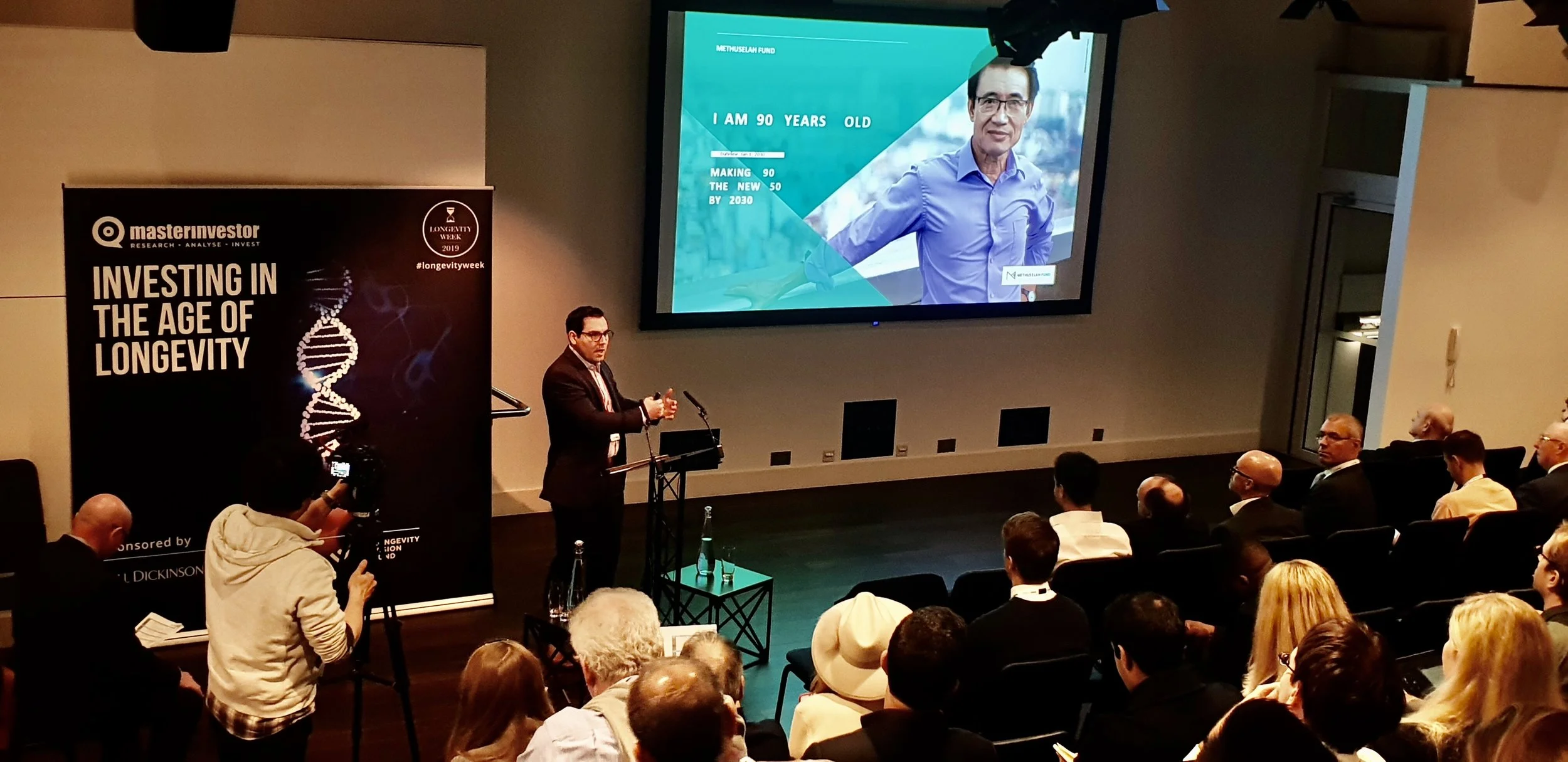A positive attitude may increase your lifespan
/Having a “glass half full” outlook can add years to your life. A recent Harvard study found that women with higher optimism were associated with a longer lifespan and a greater likelihood of achieving exceptional longevity overall.
Read More



















